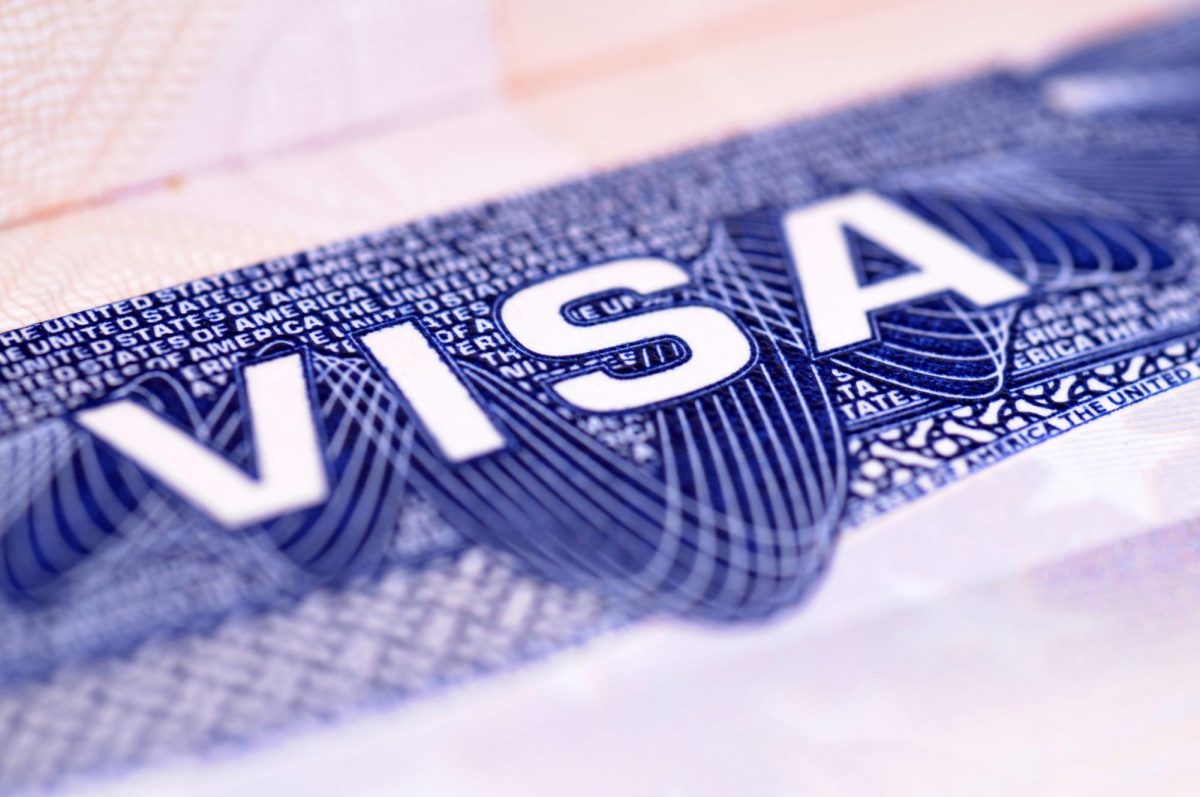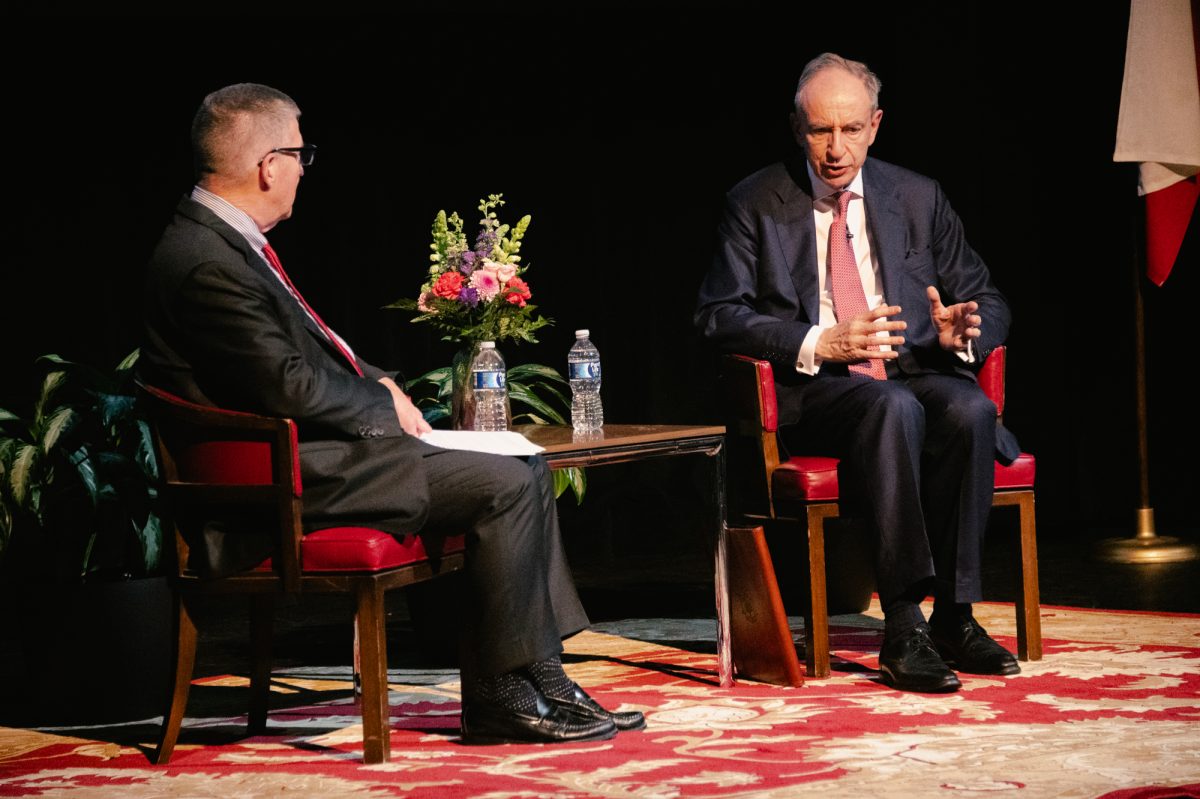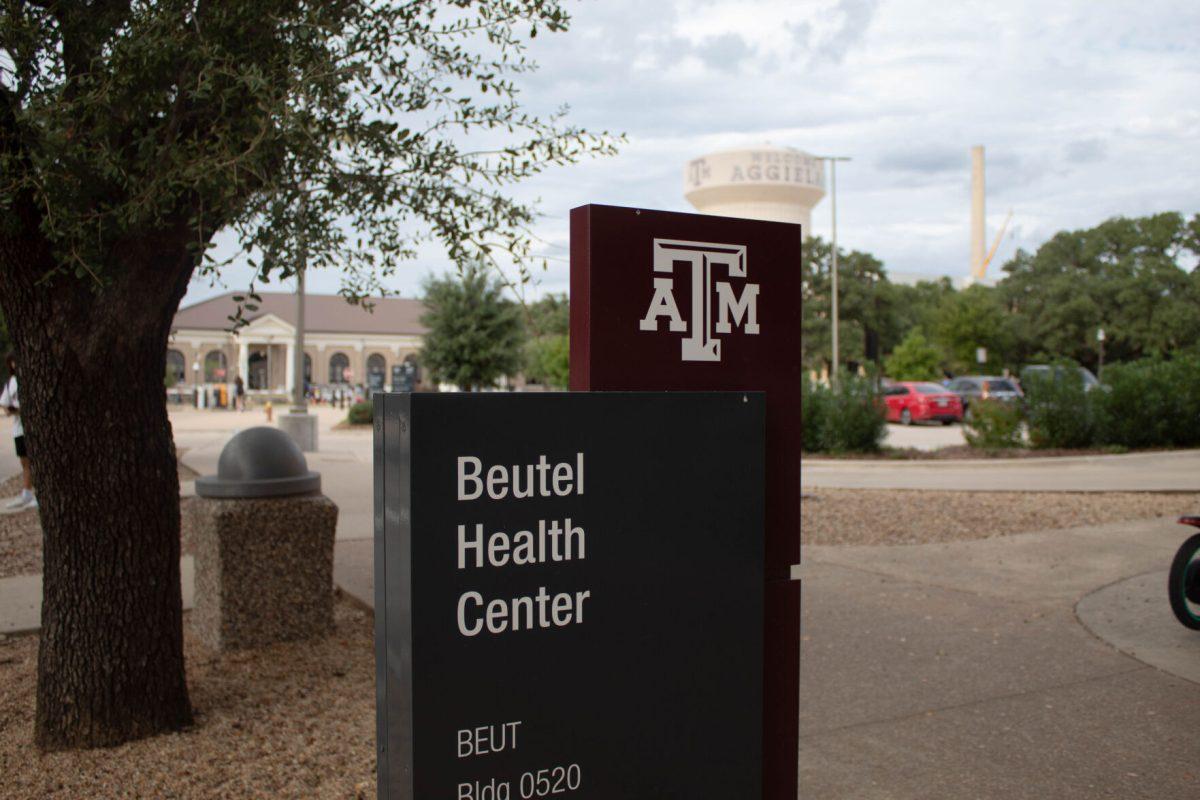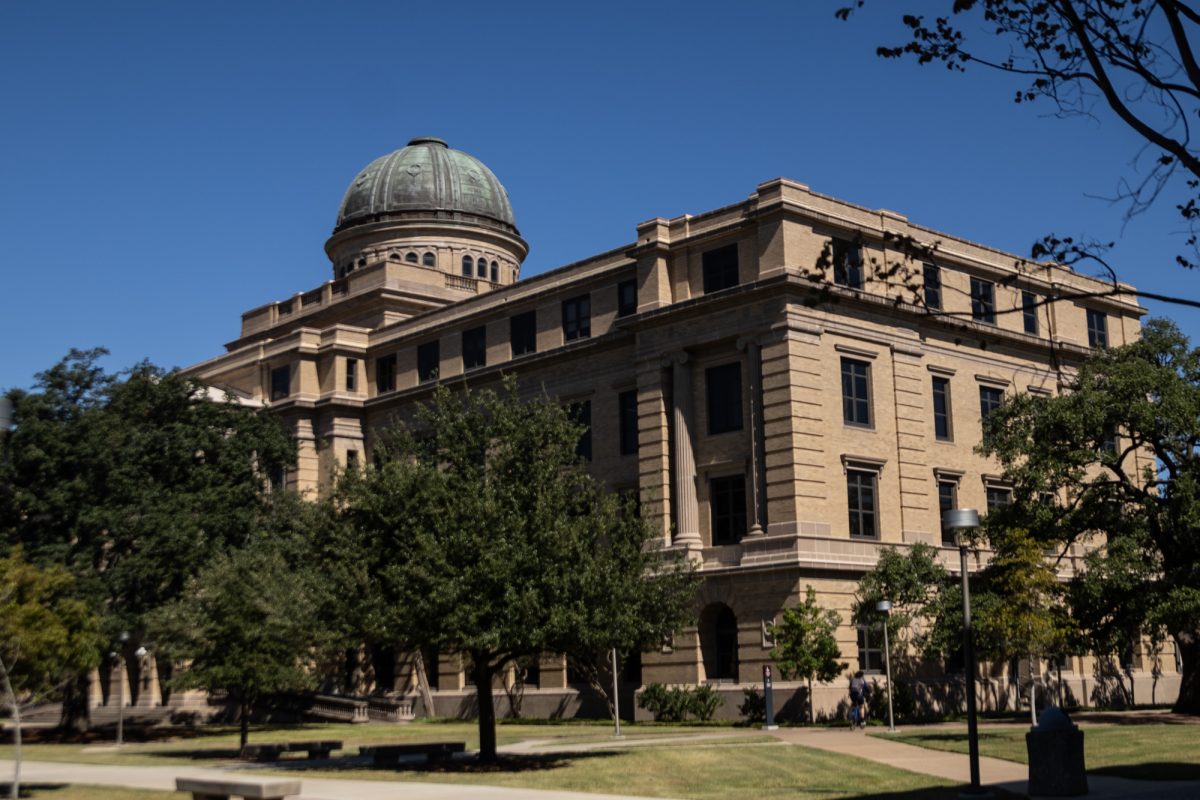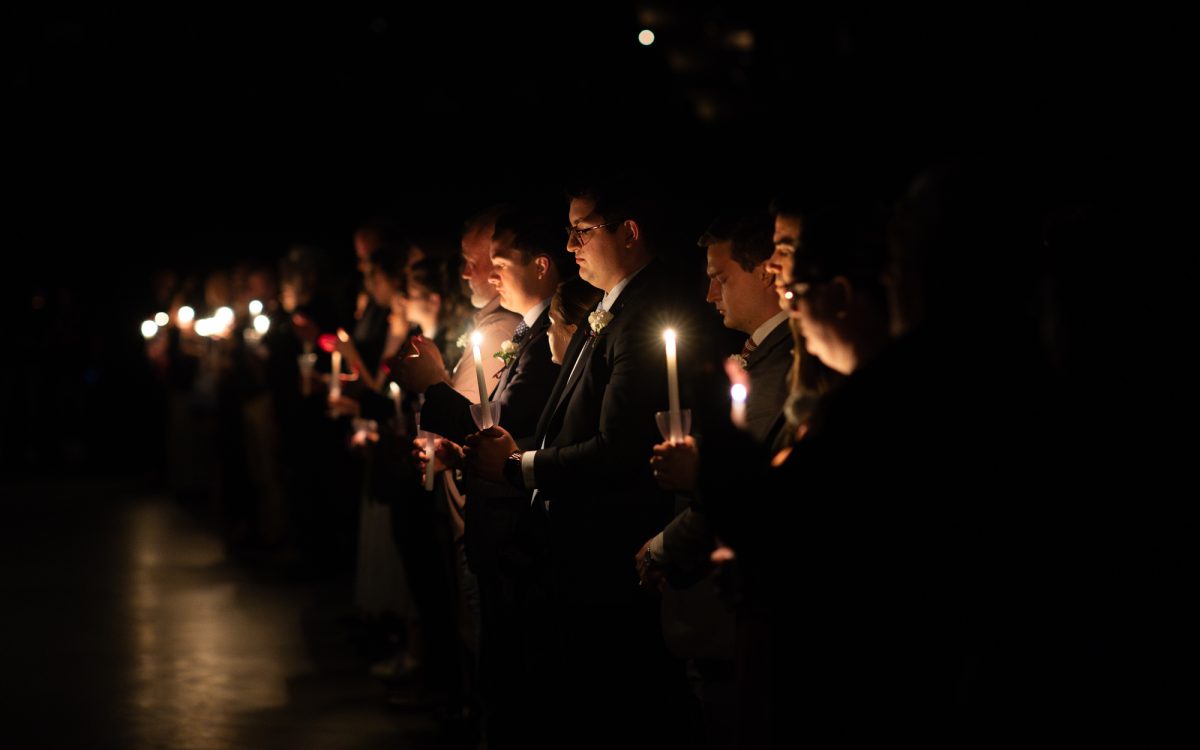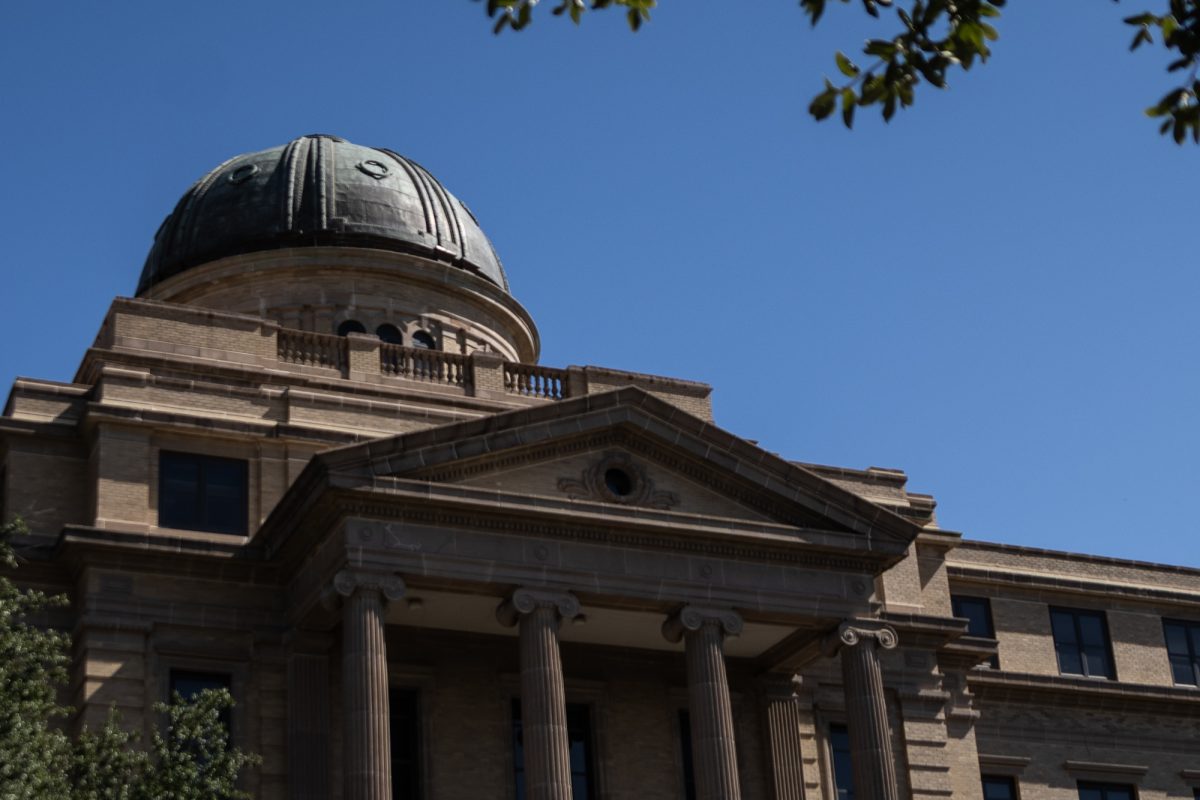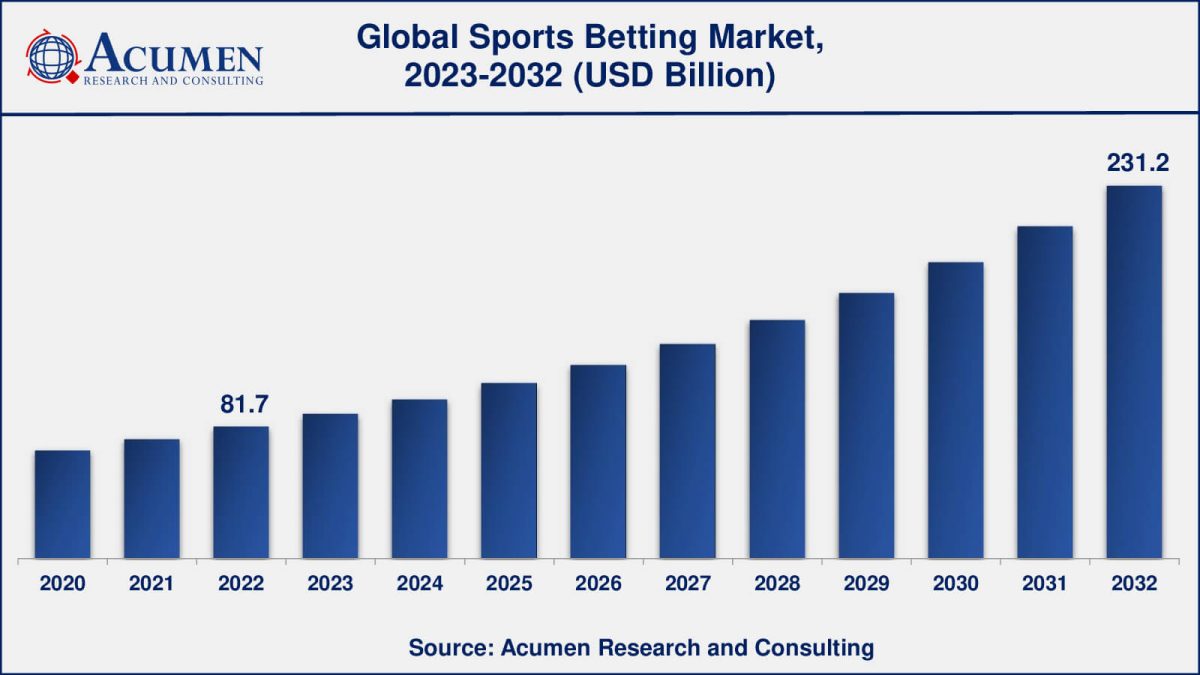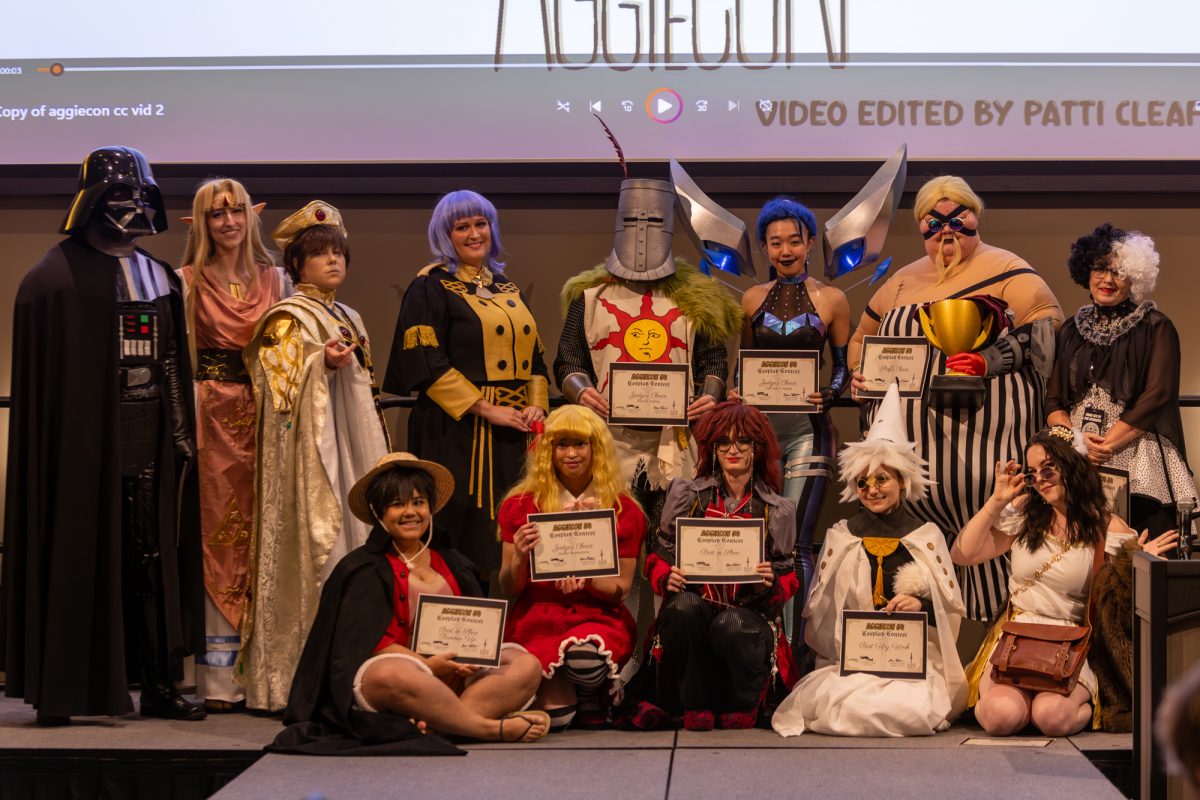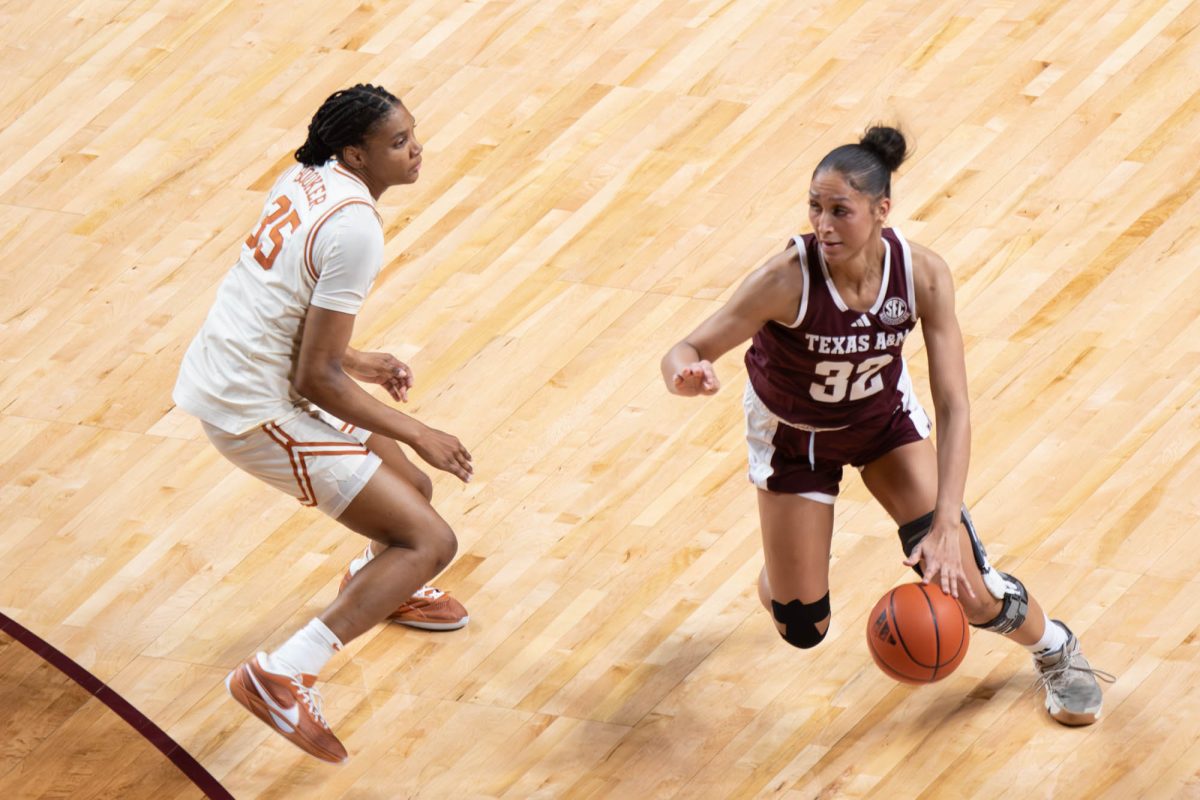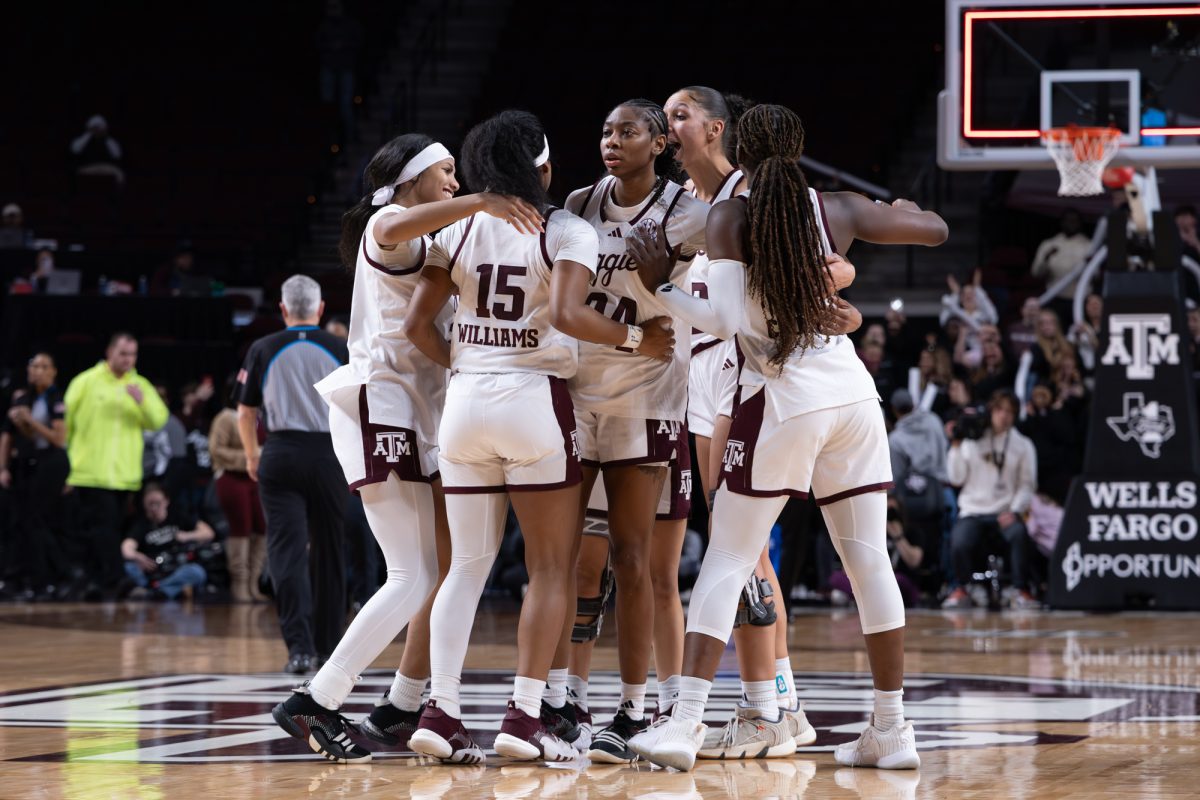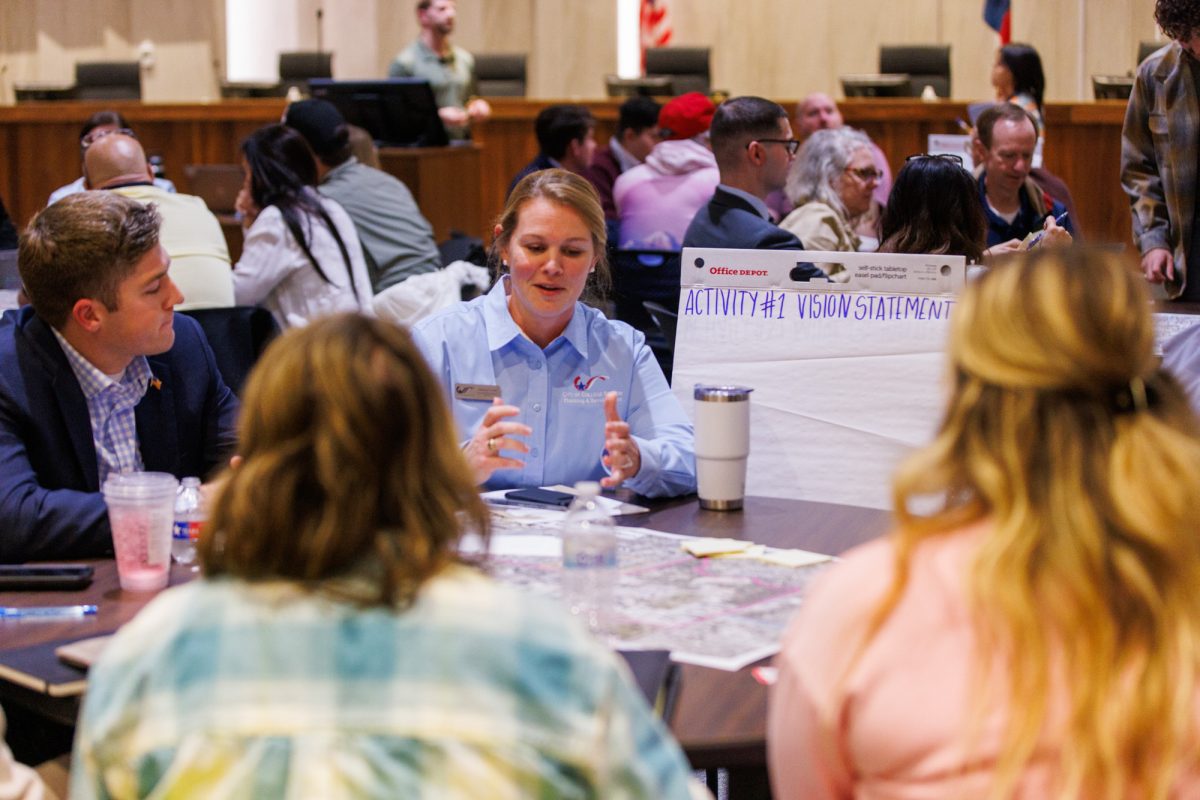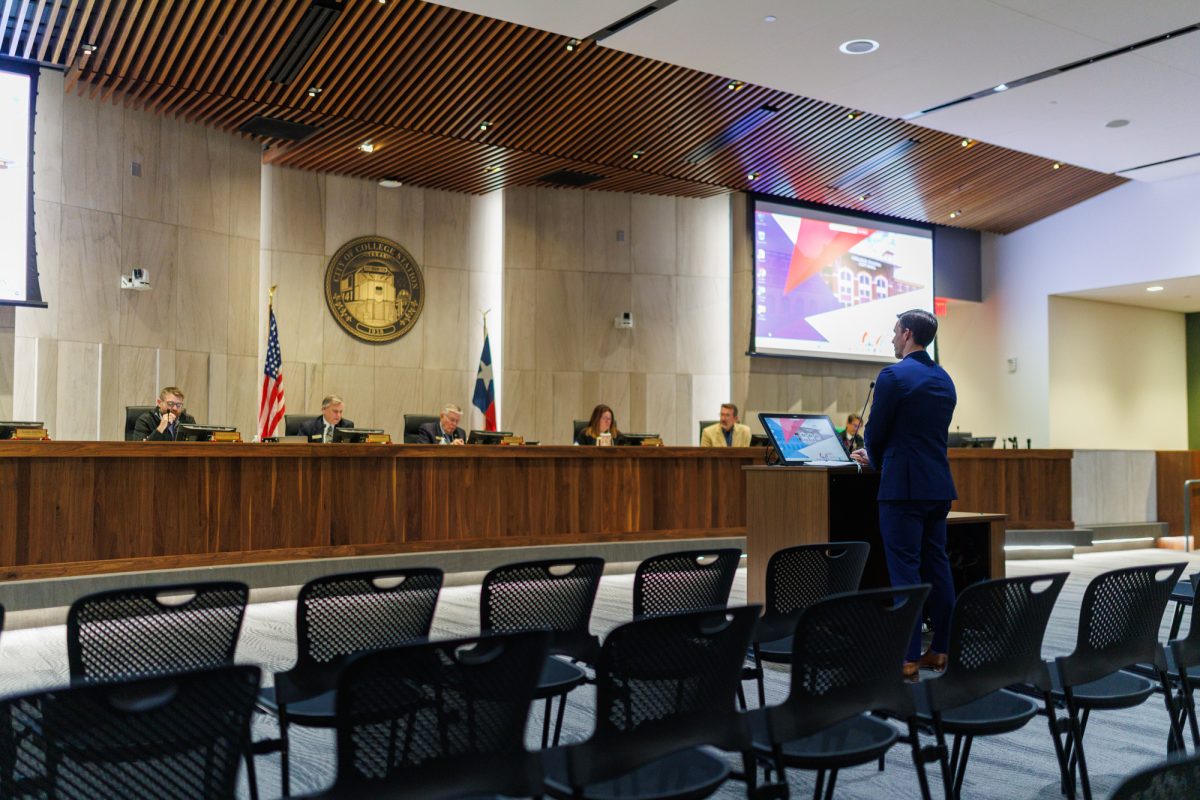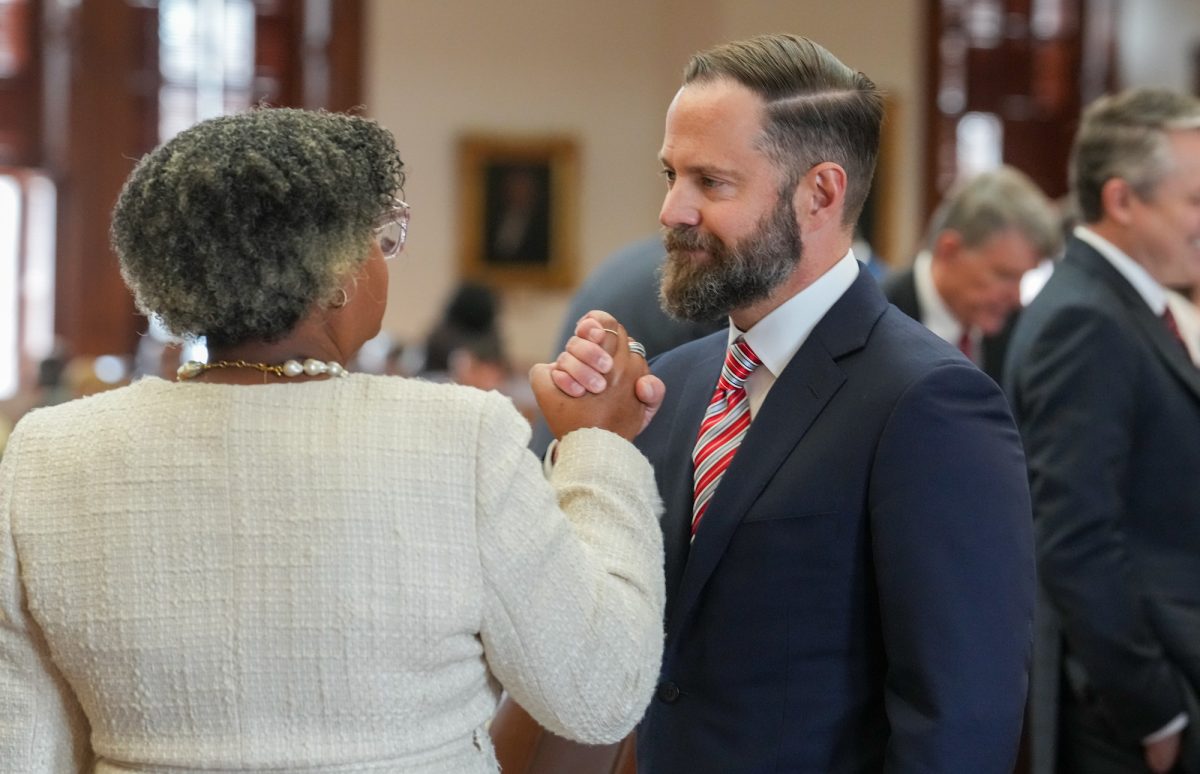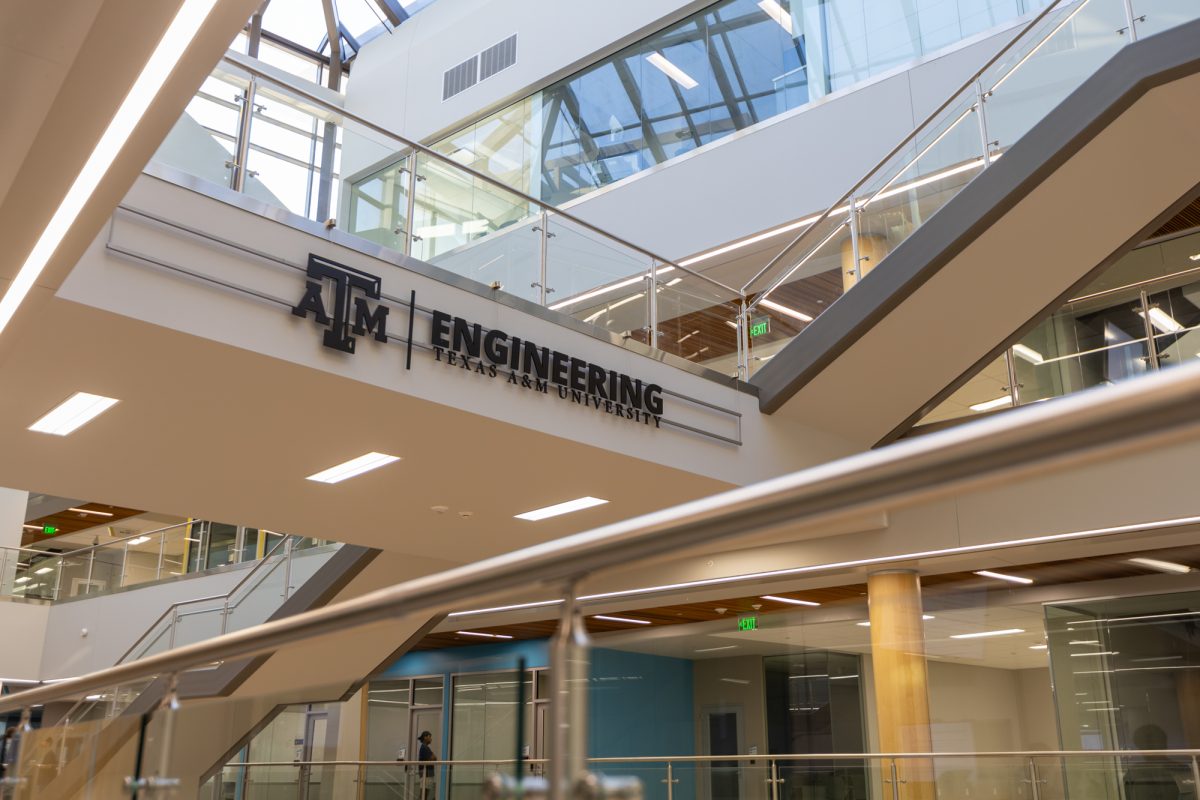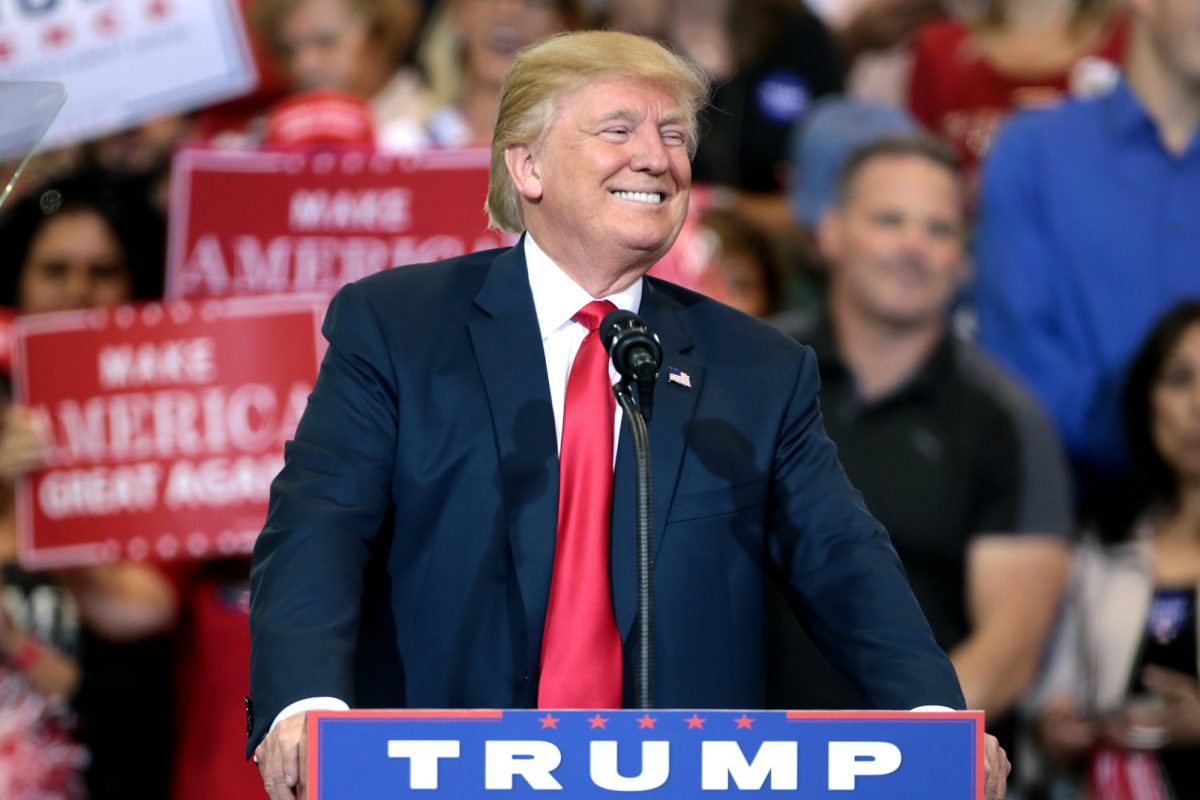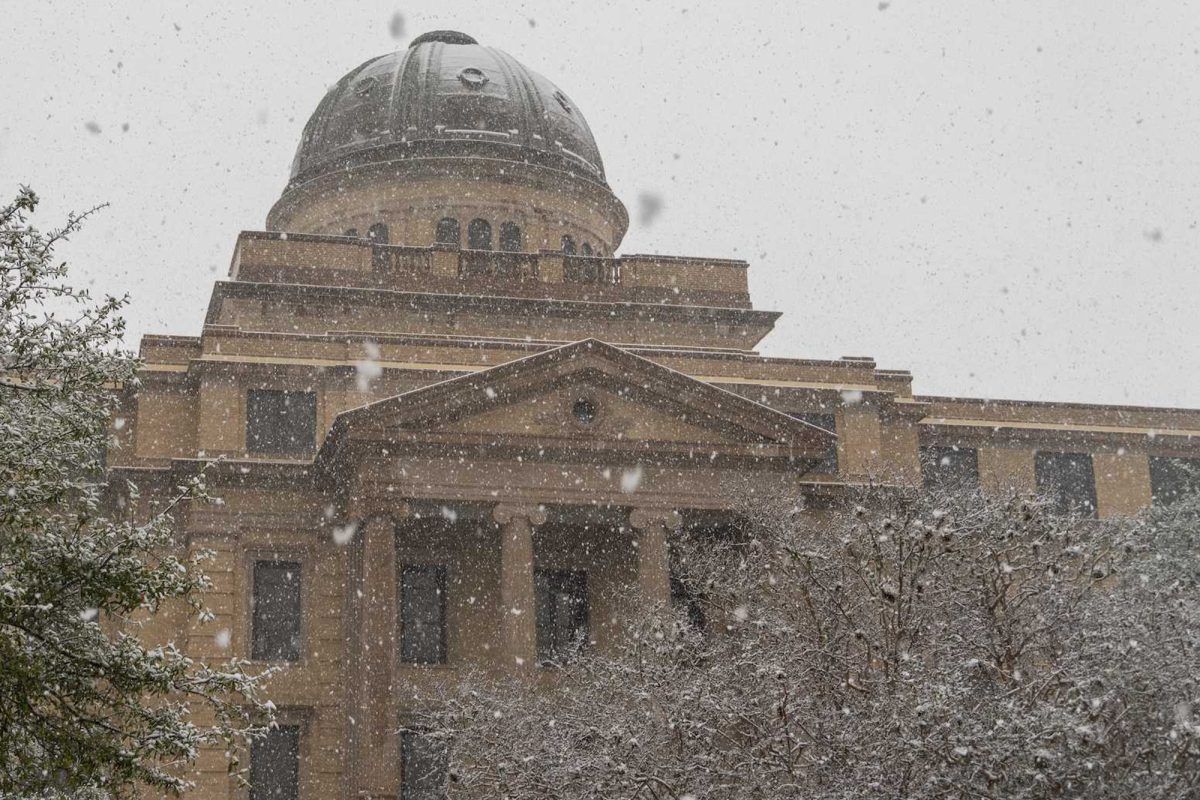H-1B and Optional Training Program (OPT) statuses reached rejection rates up to 24% under President Donald Trump’s first term when he signed the Buy American and Hire American executive order, which strengthened immigration law enforcement. With Trump back in office, there is a sense of uncertainty for international students and the Texas economy alike.
An H-1B visa is a temporary work status designated for highly skilled workers, usually in STEM industries. OPT, a benefit of the F-1 status, extends students’ visas by one to three years, giving them time to find work before obtaining an H-1B or other work status. Most international Aggies are STEM majors, making OPT and H-1B statuses very appealing.
“If you look at the international population here, majority of them, you’re talking about 70% of them are going to target H-1B,” Kathan Vyas, president of Texas A&M’s Indian Graduate Student Organization, said.
Vyas was drawn to A&M for its culture of tradition and support for research and multicultural activities. Like many international students, he came to College Station to live out the American dream.
“Back in India, I used to follow influential people from around the world, but the likes of Steve Jobs always intrigued me — all those big start-ups that happened in garages always intrigued me,” Vyas said. “America was like this flag-bearer of the start-up community and giving those opportunities.”
Director of A&M’s International Student and Scholar Services (ISSS) Samantha Clement said the ISSS office primarily works with students and researchers on F-1 and J-1 statuses, respectively. They also aid students in the process of obtaining OPT authorization, a stepping stone between F-1 and H-1B statuses.
Clement explained that OPT programs are a type of work authorization that requires the employee to work in a field related to the degree they receive. They are required to find employment within 90 days of their approved OPT start date and check in with the ISSS office to update their employment status.
“If a student is earning their master’s in construction science or computer science, or whatever it might be, they would have a hard time justifying why they were going to go be a photographer, for example,” Clement said.
OPT extends students’ F-1 status by one year, with two additional years for STEM majors. H-1B status is reliant on the endorsement of the employer, so OPT gives graduates time to find work and establish relationships with companies who will potentially bring them on under H-1B status.
“With OPT, the student is the prime applicant and they are responsible for all the fees, for putting the application together, for submitting it to the U.S. government, etc.” Clement said. “Once you go to an H-1B status, it is a work status, it is for employment, and you have to have the support of your employer, and the employer has to pay those fees.”
Texas, and Bryan-College Station businesses in particular, are frequent users of H-1B visas. Bryan-College Station was found to have the fourth largest H-1B approval rate in the country between 2010 and 2016. Professor of economics Jonathan Meer, Ph.D., feels that H-1B limitations could damage the local economy.
“I think it would cause losses to everyone,” Meer said. “It would make professors less productive, it would mean that undergraduate students don’t have access to graduate students. … I think it would make this university worse off, it would make the state worse off and it would make the country worse off.”
Economists aren’t the only ones with concerns. Vyas feels the rapid movements of the current administration are causing anxiety over immigration statuses.
“Why people are so scared right now with this is the way the administration’s approaching it,” Vyas said. “Not the end result, that’s something that people already expected, but probably with the stiffness and the quick action [Trump] is taking, this idea of him being a little reactive to situations is what I think is creating this fear.”
Although there is some apprehension, Vyas feels that increasing H-1B restrictions may not be so bad. Should H-1B status become harder to obtain, only the best candidates will be selected for the job, Vyas says.
“I’m not saying it’s going to be helpful or not helpful, but if everything that [Trump] has said is implemented correctly, the skill-based and merit-based resource system in the USA is going to help not only immigrants, but also Americans,” Vyas said. “And if that happens, I don’t see it to be that big a problem.”
There is a set of visas called the ‘Einstein visas’ which give international students options other than H-1B, including EB-1 and O-1 visas, Vyas said. He explained that EB-1 visas are like H-1B visas, but come with a much stricter criteria, while O-1 visas are for start-up entrepreneurs. Both are harder to obtain than H-1B, but they come with a much larger benefit.
“The EB-1 and the EB categories of visas are something that is attracting a lot of students now,” Vyas said. “EB-1 has a direct advantage over other visa categories because it is a direct path to a green card. The success rate is pretty low but if you get that then your path to green card becomes comparatively easier.”
People like Vyas and Clement are working to encourage international students to continue to seek out work in the U.S. and keep them informed on their rights and options for the future.
Limiting H-1B restrictions could upset the local economy, while simultaneously decreasing the likelihood for international graduates to find work, but students can’t give up hope just yet, Vyas says.
“If I am asking a student if they are confident that they will get a job, his first answer is ‘Yes,’ and that’s not driven by his or her confidence or the idea of the market, but it’s the fear that if they say ‘No,’ it’s very close to reality,” Vyas said.




